Discover the top-rated RV parks and campgrounds in North Carolina
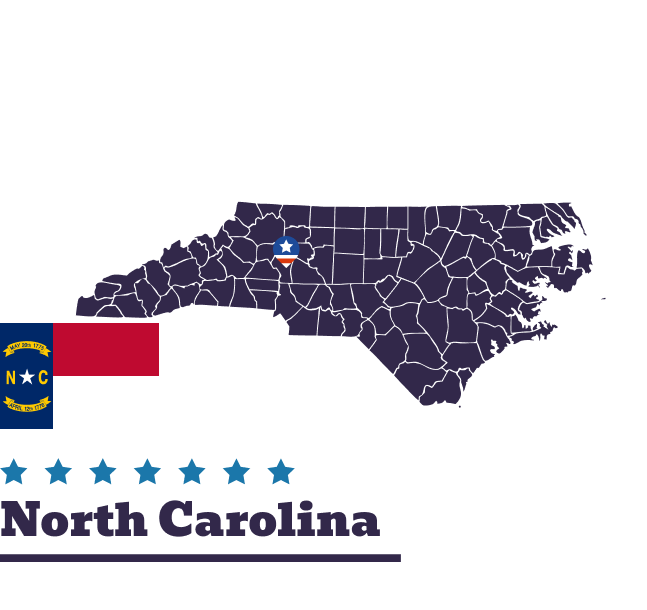
North Carolina offers RV travelers an impressive range of experiences, from misty mountain peaks and forested hiking trails in the west to charming coastal towns and barrier islands in the east. Whether you’re exploring the Blue Ridge Parkway, camping near waterfalls in the Smokies, or relaxing near the Outer Banks, the Tar Heel State has something for every kind of camper. With Fireflies & Campfires, finding a well-located RV campground is simple, whether you want full hookups or a secluded mountain site. Explore some of North Carolina’s most popular RV parks below.
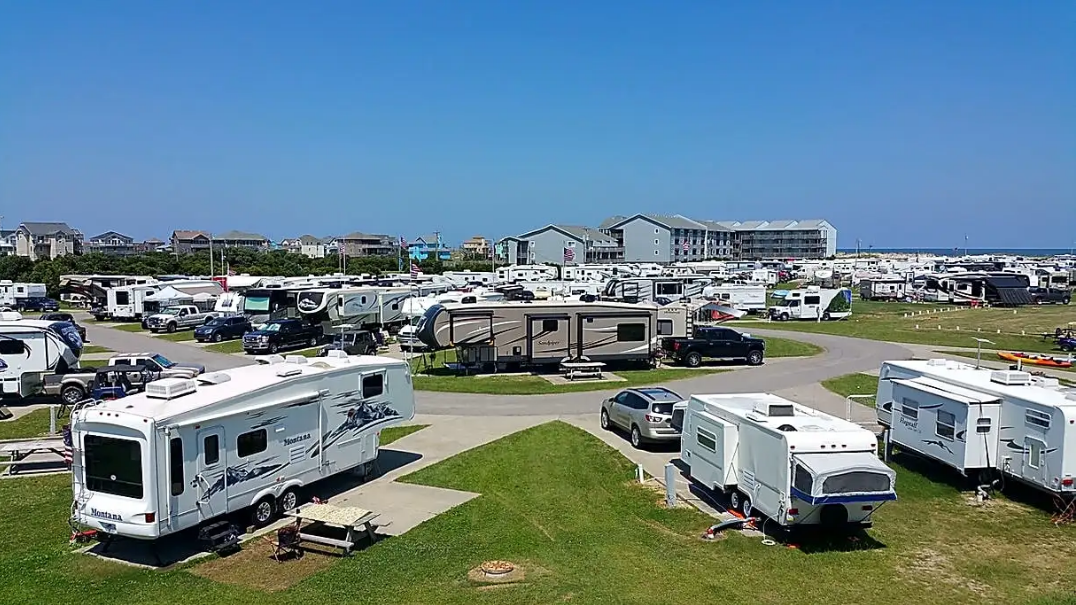
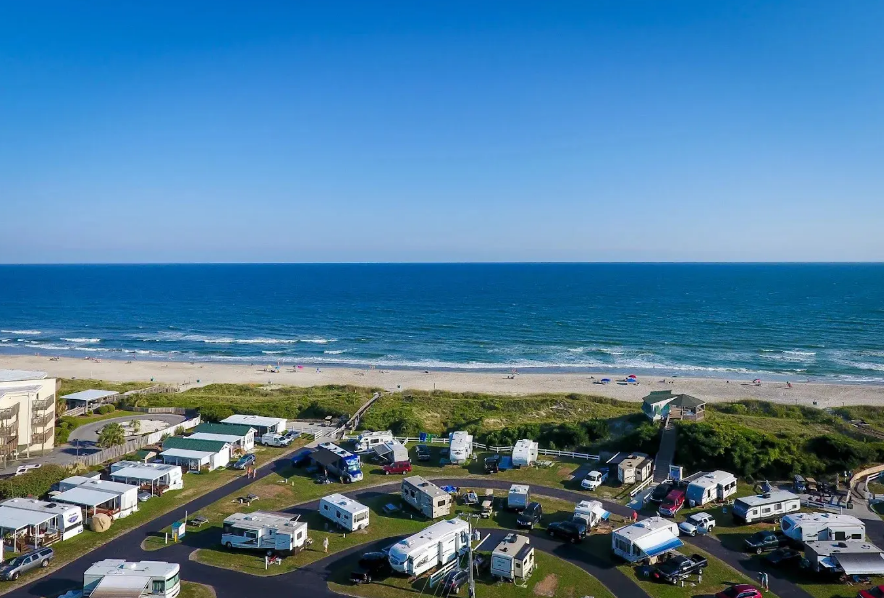
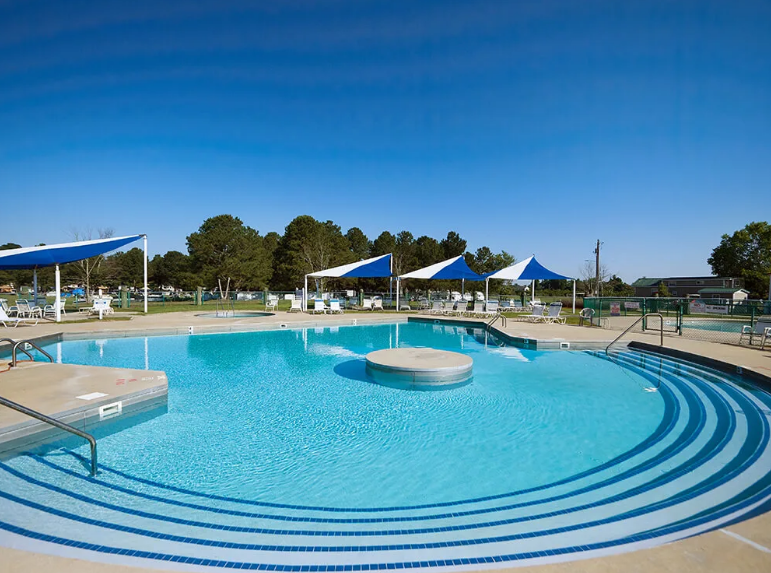
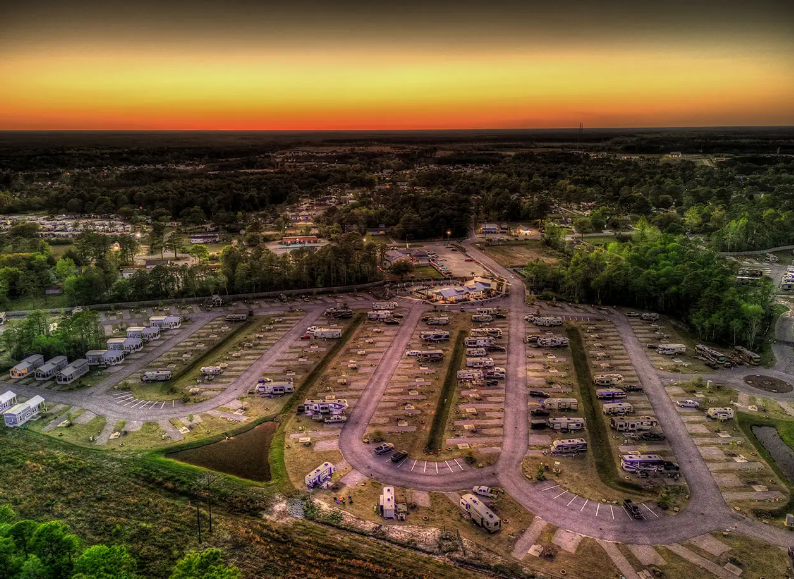
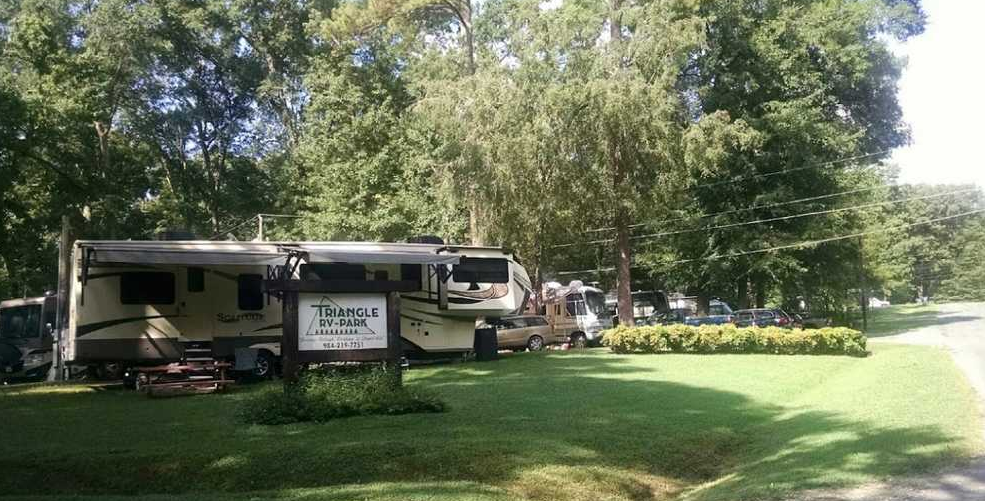
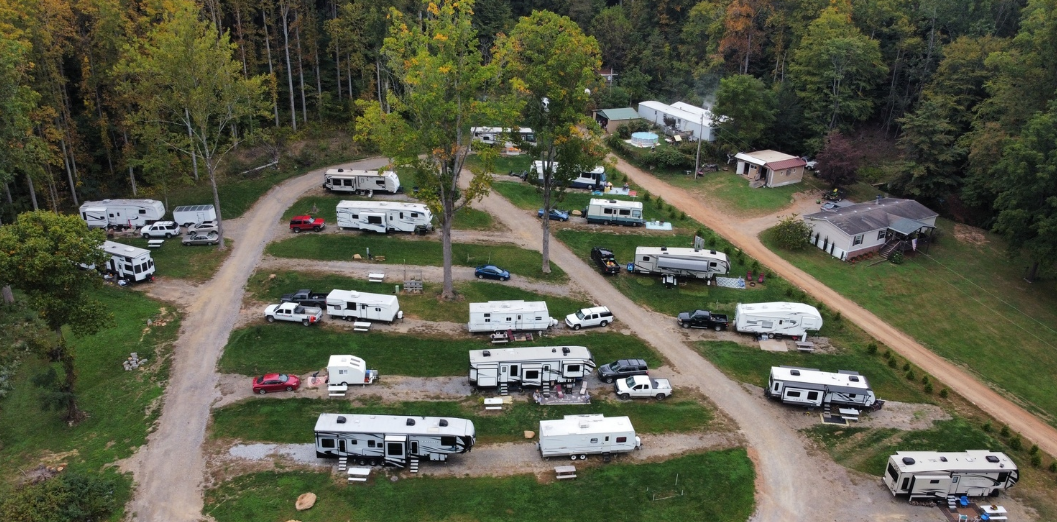
1. Reserve Early Along the Blue Ridge Parkway and Smoky Mountains
Western North Carolina is one of the most scenic regions in the country, with the Blue Ridge Parkway and Great Smoky Mountains National Park drawing RVers year-round. Campgrounds in Pisgah National Forest, Nantahala National Forest, and along the Parkway—like Julian Price and Mount Pisgah—offer peaceful, wooded settings, but many lack hookups. If you need electric or full-service sites, try state parks like Lake James or Stone Mountain, and book early, especially during peak foliage season in October or spring wildflower blooms.
2. Plan for Mountain Roads, Elevation, and Weather Swings
RV travel in western North Carolina will include steep grades, tight curves, and sudden weather changes. Check your brakes, transmission, and tires before ascending into the mountains. Daytime temperatures can be warm even in higher elevations, but nights often cool off, especially in spring and fall. Pack layers and prepare your rig for temperature swings. Since afternoon thunderstorms are common in summer, always retract awnings and secure loose items before leaving your site.
3. Camp Coastal or Inland, But Watch for Weather and Bugs
North Carolina’s coastline is home to excellent RV camping, with destinations like Cape Hatteras, Carolina Beach, and Hammocks Beach offering beach access, wildlife viewing, and paddling. Many barrier island parks require ferry access or have limited RV accommodations, so plan ahead and check length restrictions. The eastern part of the state is flat and humid, ideal for year-round camping but also buggy in warm months. Bring insect repellent, check for ticks, and monitor weather alerts during hurricane season (June–November).
Do you own, manage or market a RV campground and are looking for ways to grow your bookings?
List your resort or campsite in our RV parks and campground directory today and connect with campers actively planning their next trip. Our growing community is searching for places just like yours — don’t miss out on new bookings.